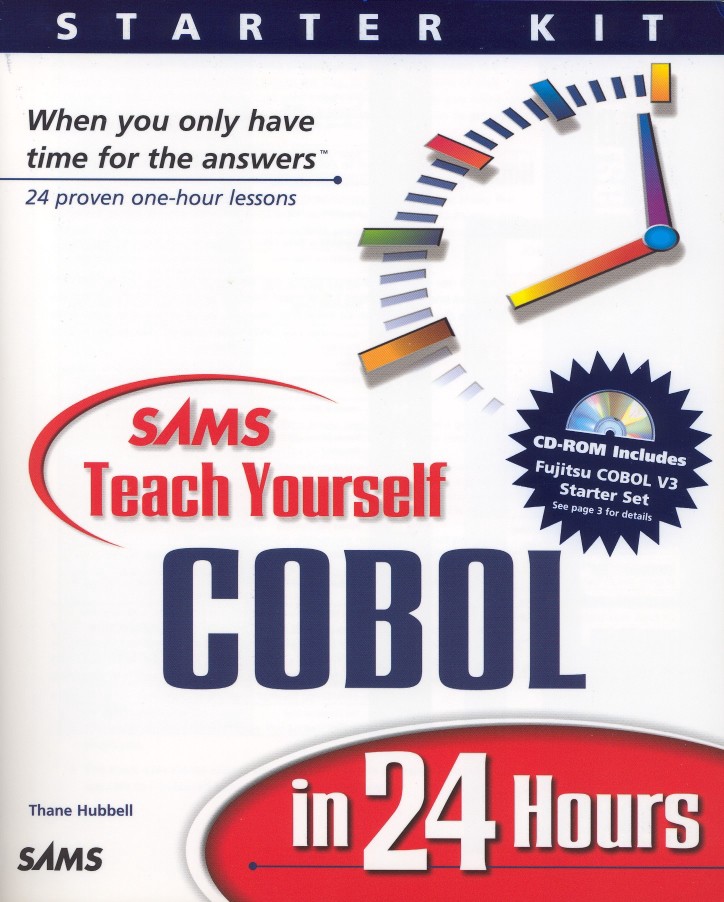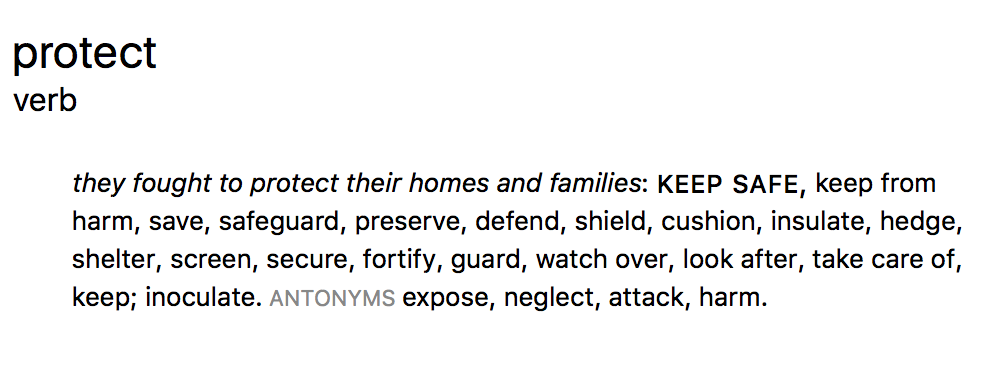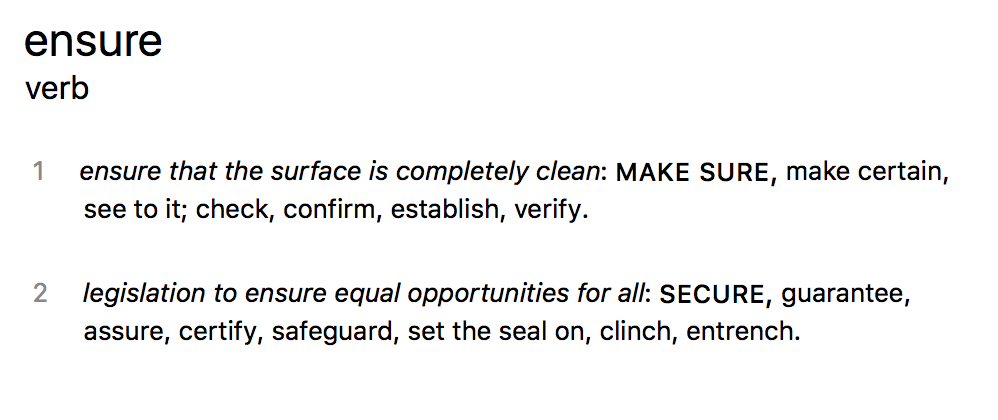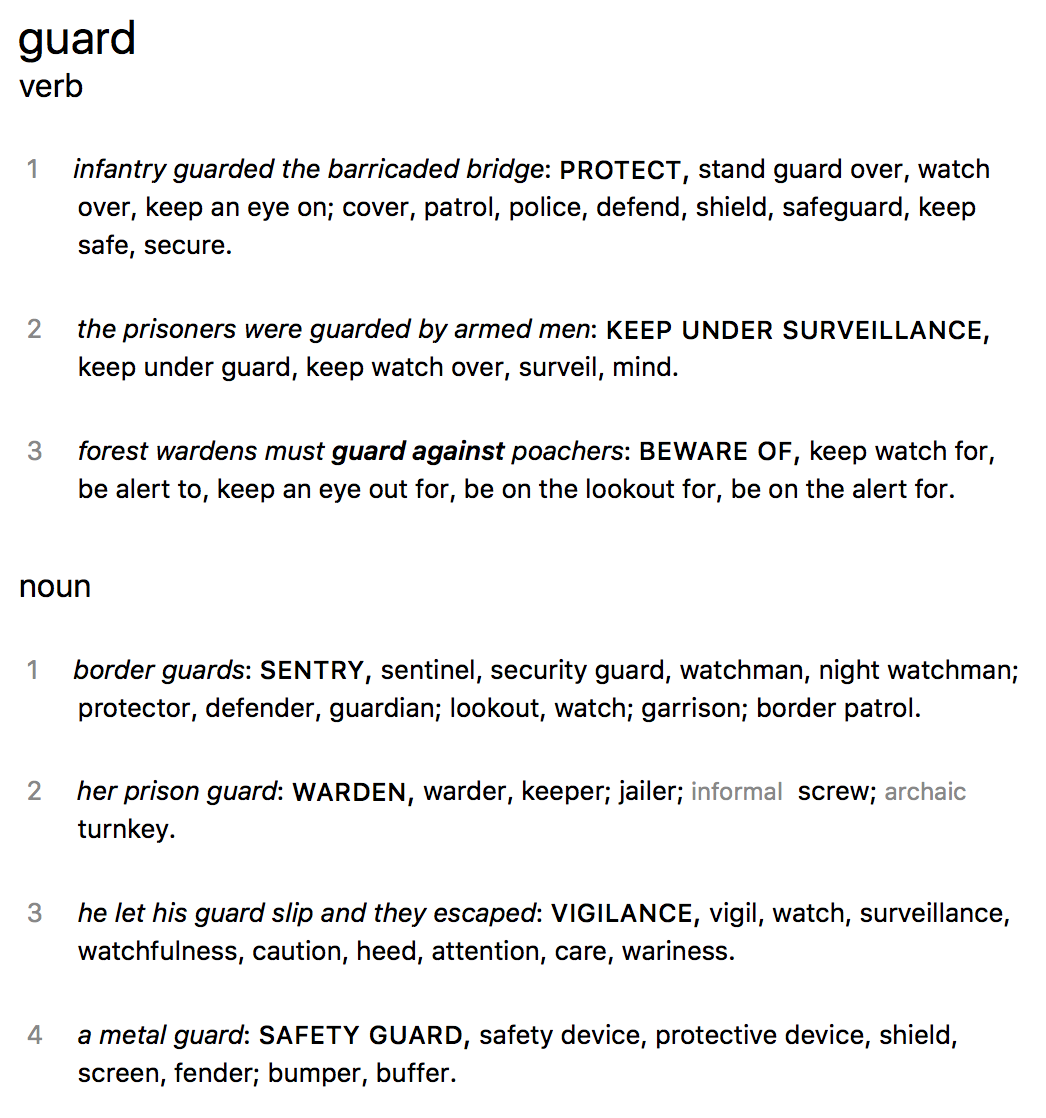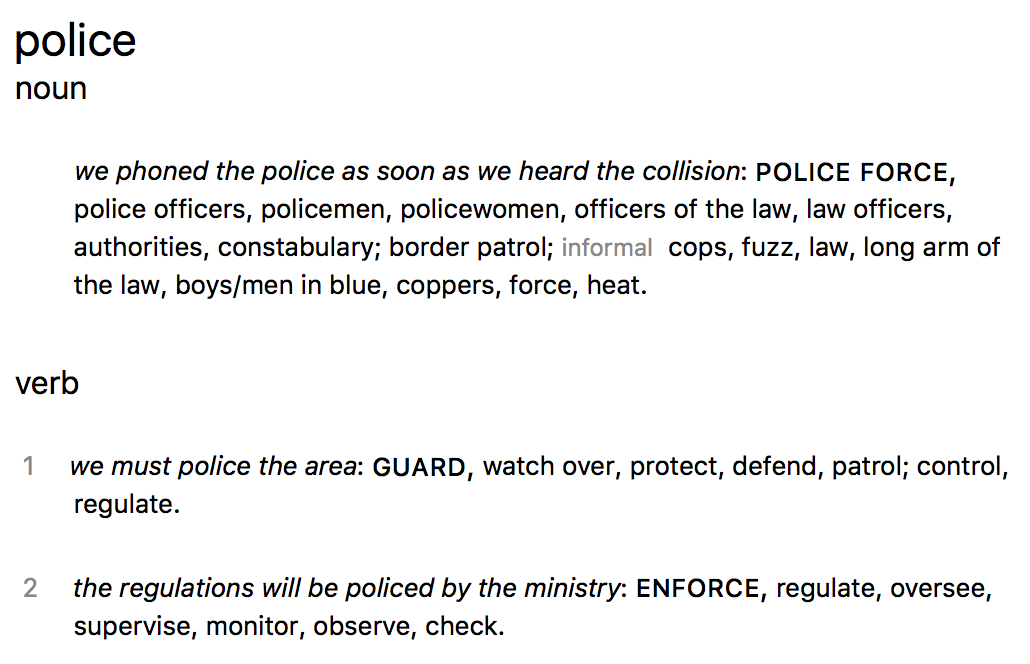This interview was conducted by Ritika Puri for Startups.co under the title of Build a Kick-Ass Startup (on your own terms).
Q: Why do early stage founders, particularly bootstrappers, need to hear your story? What are the things that have made you proudest as an entrepreneur?
I think Basecamp has become a role model to some because we offer a counter narrative. In a technology world obsessed with funding rounds and exits, we not only thrive on the opposite waves, but we dare to flaunt it! There a plenty of companies like Basecamp out there, but many of them just bow their heads and speak too softly. Partly because they are rocking what they’re doing and don’t need anyone else’s attention, but I think, also partly because shouting against the wind is exhausting for most.
Oddly enough, I take a perverse enjoyment to shouting in the wind. To speak against the predominant story lines. So that gives people of like mind a public flag to point to. And I’m proud of that. I’m proud of being used as an example for people who wish to bootstrap, become profitable, stay small, or any of the other motivations for being in business that have little commercial and industrial backing.
Q: In your Medium post Reconsider, you criticized startup cultures in which founders “have to fucking own the universe.” You also mentioned that a better approach would be to leave a dent instead. What dent are you trying to leave, and how have you been able to stick with it for 12 years?
I’m very proud and content with the dents I’ve already left in the universe through the work on Basecamp and Ruby on Rails. We’ve helped so many people make progress together through both systems. It warms me when I talk to customers of Basecamp who’ve been with us for 5 or even 10 years and they explain how they consider the software an integral part of how they’re able to do what they do. Helping others help themselves is gratifying work.
Ruby on Rails took Ruby into to the limelight and helped set a different course for a whole industry. Popularizing an outlook on programming as, in part, the pursuit of happiness for programmers themselves. Not just about getting performant software done with the most features for the lowest cost. It’s a craftsman’s journey with an unusual high degree of care for the tools and their impact on the not just the productivity but psyche of the practitioners.
I think that’s really the key to longevity in business. Escaping the need to declare finish lines, goal posts, and other sources of external validation or success. I’ve chosen to define success as doing what I do every day with a smile. The act of programming, and getting better at it. The refinement and occasional redefinition of what we already have. There’s such tranquility possible when you stop being on the run from one thing to the next and accept your settlement as the place to be.
Q: Along those lines, can you share examples of good decisions you’ve made? What stories would you share with founders who are scared to make big judgment calls?
I think the best decisions we made at Basecamp were the million small ones that were easy to change. Steering the boat by a thousand tiny inputs rather than big, sweeping, grand gestures. Having a habit of making efficient progress by those small, reversible decisions. Resisting the lure of Betting It All on a few big moves.
That being said, we have made a couple of big moves that I’ve come to enjoy because they made sense at the time. Funnily enough, two that stand out are in direct opposition, but both made sense because of when they were made.
The first decision was to diversify from just Basecamp to other products back in the mid-2000s. We launched Campfire, a chat program from before chat was cool. Highrise, a CRM that’s still going strong, and stronger still since we spun it off. And finally Backpack, a personal information management tool. So we ran a suite of four products for many years that gave us options in case any of them, especially Basecamp should peter out. Positioning our odds for the greatest chance of survival and thrive.
The second decision was to become Basecamp. The realization that our diversification strategy was no longer necessary, Basecamp had long since reached escape velocity, but actually hurting the other goals of the company. Which included staying small and making the best things we possibly could. Basecamp’s continued and compounding growth simply meant that either we gave it our full attention or we would have to become a much different (and larger) company to properly service and do justice to all the other products as well.
Q: As you’ve built Basecamp and grown your team, you’ve been very vocal about resisting the temptation of unicorn culture. Was this an understanding that you had off-the-bat as an entrepreneur? How have your perspectives changed?
It wasn’t without temptation or struggle to stay like this, though. Especially in the early years, before our bombastic views on venture capital, the IPO rat-race, and other ills of funding were known. We had, I think, close to 50 different VCs get in contact. A couple of large companies doing the acquisition sniff as well.
Ironically, part of what did give us the confidence to turn down that whole world was a — by startup standards — small sale of equity to Jeff Bezos. Our company had been profitable all along, and we weren’t interested in adding rocket fuel to propel growth faster than it already was (which was plenty fast, thank you very much!). But Bezos bought a small, no-control stake from Jason and I personally, which gave our personal bank accounts just enough ballast that the big numbers touted by VCs and acquisition hunters lost their lure.
I really wish that model would see greater providence. That founders who are on to something find ways to diversify their accounts just enough to dare go the distance. Because once you let in the VCs or the private equity folks, there are only three options: Implosion, acquisition, or IPO. That’s a sadly narrow band and I believe the world is poorer for it.
Far better would it be if we could have more companies operate independently of the 5–7 year investment timelines of the funds. Bezos has now owned that small slice of Basecamp for almost a decade, and he’s been paid back in full and then some through profits. So it worked out for him. And it’s working out great for Jason and I, as well as the employees and customers of Basecamp who are still here some 12 years later.
Q: What about the entrepreneurs (perhaps folks in NYC or Silicon Valley) who can’t escape unicorn culture, no matter where they turn?
It’s very hard to ignore of the drums of the unicorn if you’re standing right next to them. Physical separation can be a healthy membrane to put things in perspective. So if you’re a founder and think you might not want to play Who Wants A Shitty Chance of Making VCs Even Richer, then I suggest you get the hell out of San Francisco and surrounding areas. Tune out that echo chamber both physically and mentally. Stop spending so much time reading startup lore and literature.
Instead, go back to the fundamentals. Study the basics of business and focus on your own work. You don’t have to become a hermit to do this, but some isolation can do you very good. I think that 37signals starting in Chicago and me working from Copenhagen gave us all a very different perspective than the prevalent money train of the Bay Area. One that I’m not sure would have stuck if we too had been trapped there.
There are lots of other materials to read to give you the strength to carry on. Jason and I wrote a number of books on these topics — Getting Real, REWORK, REMOTE, and I recently published a presentation called RECONSIDER. Those all give a very different perspective, but just as importantly, they give kinship to people who already thought like that but feared they were all alone in doing so. You’re not alone. There are many just like you, but most of them just don’t have or desire the megaphones of San Francisco.
Q: Now that you have the power of hindsight, what would you have changed?
I don’t believe in hindsight. If I knew what I know now, I might very well never have started Basecamp. I probably wouldn’t have gotten involved with Ruby on Rails. If someone had said, hey, this is going to take a decade or more from the best years of your life, what about it? Then I could totally have seen turning it all down! Ignorance is sometimes bliss and a beginner’s naivety is sometimes just the catalyst you need for change.
When you know too much, you know all the reasons why it’s not going to work. All those reasons will zap your zest and confine you to the comfortable. Besides, part of the fun of doing this for the first time is the novelty at every stage. I think that’s why many serial entrepreneurs don’t have nearly as much fun the second and the third time at the rodeo. They already went through this. Scrapping with just a couple of people is what you do when you have to, but once you know it all and have it all, it’s unlikely to start like that again. You’ll feel compelled to preempt problems that you might, possibly have in the future based on your experience. Which just adds weight and volume to the endeavor that it doesn’t need at that stage.
That’s part of why I’ve committed myself to sticking with it. To go the distance with Basecamp. That this is my life’s work and it could very well be the work for the rest of my life. I don’t need to go back to square one and try again, because I think in many important ways, I’d do a worse job at it than my ignorant 20-something self.
Q: Any other words of advice that you’d like to share with fellow first-time founders (and bootstrappers, especially)?
My best advice to someone trying to start a new business has been codified in the books and presentations I’ve given, but I will say a few things on motivations of growth. Most small businesses or people just starting out are saddled with lots of self-doubt and inadequacy issues. Oh, I’m just a small company. I’m just a few people. We just do work in this little niche. Stop that. Don’t apologize for being small. Small is wonderful, small is beautiful.
We made Basecamp with four people. I wrote the initial version of Ruby on Rails alone. Jason and I have been blogging on Signal v. Noise for more than a decade with lots of impact, without having some big backer.
Embrace the beginning. Love the beginning. You wouldn’t believe the number of big companies and people working there who’d love to trade their power for your nimbleness. Have confidence in what you do and why you do it. Then, even if things stay small forever, you can still feel great about it. I would be just as happy if Basecamp had not grown beyond what 10 people could have comfortably managed.
In addition to being a small business, Basecamp is all about helping other small businesses regain control as the first steps of success happens. Maybe you hired a few more people, maybe you took on a new really important client. Whatever it is, your old system isn’t cutting it any more. That’s when it’s time for Basecamp.

